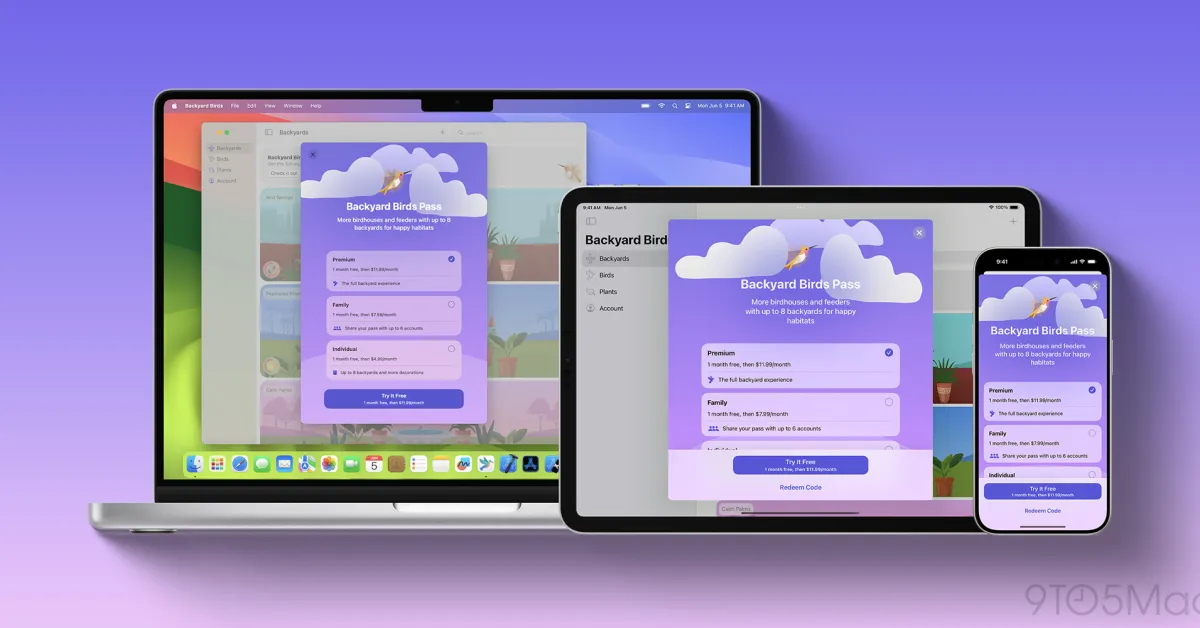Apple on Thursday launched the Advanced Commerce API a significant upgrade that gives iOS developers more control over in-app purchase formats.
This new tool streamlines monetisation and allows developers to manage extensive content inventories and complex subscription models within their apps.
Read also: Apple enables Truecaller’s live caller ID and spam blocking on iOS
Extensive catalogue management with Apple’s API
The Advanced Commerce API is a game-changer for apps that require extensive catalogues of one-time purchases, such as educational materials or media content. This API allows developers to efficiently manage large-scale inventories directly from their servers. This means iOS developers can now update and offer products at scale without intermediary tokens or coins, enhancing the user experience on iOS devices.
Supporting the creator economy through iOS App development
The Advanced Commerce API is particularly beneficial for platforms that support the creator economy. It enables direct monetisation of app content, eliminating the need for external payment systems or digital currencies. Creators can now offer their content for sale directly through iOS apps, making the process more seamless and integrated for creators and consumers.
Enhanced Subscription flexibility for iOS Apps
Apple’s new API enhances subscription management on the iOS platform. Developers can now offer various subscription tiers and add-ons within their apps, giving users more choices. For example, video streaming or music apps can use the API to manage different channel bundles or additional content packages as direct in-app purchases.
Read also: Apple improves user awareness of AI-powered summaries
Direct purchase handling with Apple’s API
One of the standout features of the Advanced Commerce API is its capability to handle direct purchases. Instead of relying solely on Apple’s App Store Connect for transaction management, developers can now handle transactions through this API, providing users with a more direct and potentially faster purchasing experience. This could lead to innovative pricing models and special promotions directly within iOS apps, improving user engagement and satisfaction.
Apple’s introduction of the Advanced Commerce API marks a pivotal moment for iOS app development. This new tool offers developers unprecedented control over in-app purchases while ensuring the user experience remains secure and user-friendly. Developers interested in leveraging this new tool can find more information on Apple’s developer portal, where they can also apply for access to this powerful new API.




